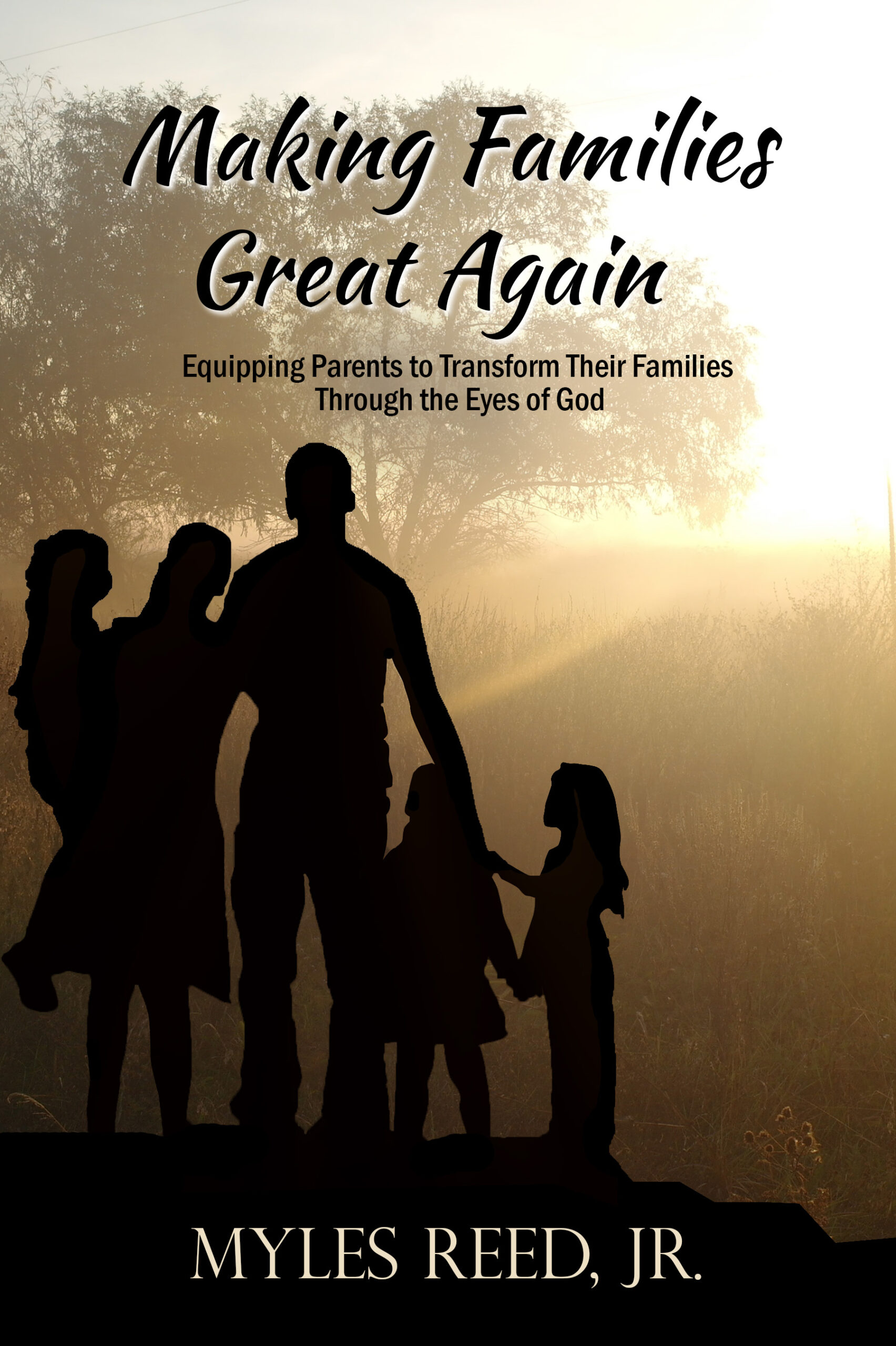What sits between the beginning and end is the all-important middle. Let’s work to make the thoughts and actions flow more smoothly from start to finish.
Some great words from False Memory by Dean Koontz:
She started to laugh, choked on the laugh, sought refuge in the wine, realized none was left, and put down the empty glass in favor of the handgun.
What we might see for an improved version:
She started to laugh, choked on the laugh, and sought refuge in the wine. When none was left, she put down the empty glass in favor of the handgun.
Some logic for making improvements:
- In common writing, we often say we started to do something when actually we’re saying we did it. Here’s an example: She started to look for her friend. That’s all she did, just start? This suggests she didn’t finish. Since she did look for her friend, we need to leave out started.
- When something is started but not finished, we need the word started, which is the condition we have in “she started to laugh.” She choked on the laugh, not finishing, so we want to keep the word.
- Readers are most comfortable with lists of three items, what we call the “rule of threes.” It may not be wrong to have more, but it’s often not the best choice. We have a rewarding triple with the laugh, choking, and seeking refuge, so we should stop there and begin a second sentence after that.
- Saying she realized none was left is what we call “filtering,” taking readers though an information step that’s obvious in her point of view. If we simply say “none was left,” we see directly what was realized, which is stronger because it moves us from observing her realize to experiencing the realization.
- The contrast of “empty glass in hand” with “gun in hand” is excellent. It shows the change in emotion in an unexpected way, yet it perfectly fits the situation. Is there a better choice of words? If we can’t think of one, then we leave it the way it is.




 Character is a critical key to becoming a person of quality, and it starts in the home!
Character is a critical key to becoming a person of quality, and it starts in the home!
I enjoy reading all of the excellent insights you share. Thank you!
You’re very welcome. Learning the craft is a continual improvement process. I’ve been intensely studying and striving to improve for the last twenty years, and I’m still learning. My great delight is getting to share what I’ve learned to help a multitude who need to tell their stories.